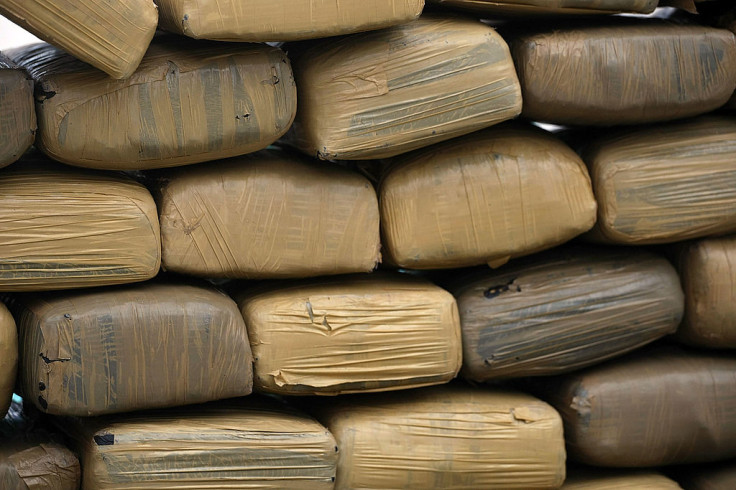
The Drug Enforcement Administration (DEA) released its 2025 National Drug Threat Assessment, an 80-page report outlining threats posed to the United States by illicit drugs and trafficking organizations.
In it, the DEA claims that states that legalized or decriminalized cannabis are inadvertently providing cover for illegal grow operations run by foreign cartels, specifically those born in Asia and Mexico.
The report adds that these groups are exploiting state-level legalization by transporting large quantities of marijuana from legal markets to states where recreational use remains prohibited. According to Marijuana Moment, the agency alleges that transnational organizations are actively manipulating state-regulated cannabis systems.
Currently, recreational marijuana is legal or decriminalized in 24 states and the District of Columbia. Medical use is legal in 39 states and D.C.
The DEA said in another passage of the report that the illicit market has expanded significantly over the past two decades, with Asian criminal organizations seizing control of large segments of the illegal cannabis trade.
"Asian [Transnational Criminal Organizations, or TCOs] defy restrictions on plant quantities, production quotas, and non-licensed sales, and hide behind state-by-state variations in laws governing plant counts, registration requirements, and accountability practices," the report states.
The DEA also alleges that cannabis grown by Chinese trafficking groups is among the most potent in the history of drug trafficking, with THC levels averaging between 25% and 30%. This potency, the agency says, has fueled increased demand both in the United States and Western Europe. Cannabis is often exported overseas via commercial flights or container vessels leaving U.S. ports.
In addition to trafficking, the report accuses Chinese TCOs of laundering drug proceeds through licensed marijuana operations, straw ownership, casinos and mortgage fraud.
However, Marijuana Moment notes a contradiction in the DEA's narrative. While the agency blames legalization for enabling illicit activity, it also acknowledges that continued prohibition in non-legal states helps fuel demand on the black market.
Among U.S. border states, Texas remains the only one where both recreational and medical marijuana are still illegal. According to the National Seizure System, U.S. law enforcement seized nearly 32,500 kilograms of marijuana at the southwest border in 2024, with the majority coming through East Texas.
The report also states that Mexican cartels are transporting marijuana into the U.S., then partnering with domestic criminal groups for nationwide distribution, primarily via the Interstate Highway System.
In 2024, law enforcement conducted nearly 700 marijuana seizures totaling over 63,000 kilograms along the country's 10 most heavily trafficked interstate corridors — particularly Interstate 5 and Interstate 70.
Oklahoma, which has not legalized marijuana for recreational or medical use, accounted for 66% of the total marijuana seized by the DEA in 2024.
© 2025 Latin Times. All rights reserved. Do not reproduce without permission.







